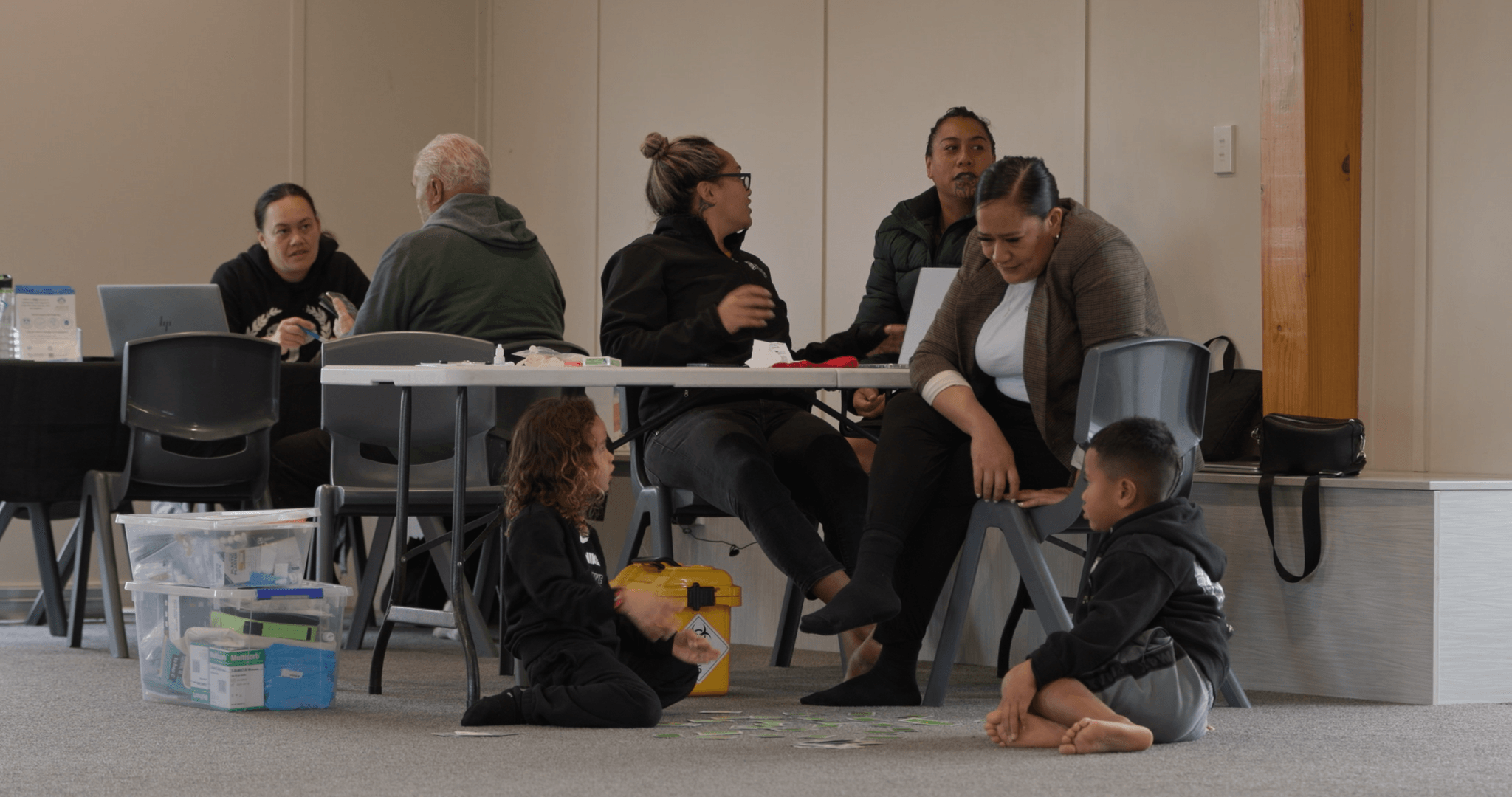
Te Toi Ora ki Whaingaroa: Changing the healthcare system through Whare hauora.
Marae based integrated outreach clinics embedded in Tikanga Māori. By Māori, for Māori but for everyone else.. a true sentiment.

Marae-Based Healthcare in Raglan: A Community-Driven Approach to Wellness
Along the west coast of the Waikato, there is a thriving and ataahua health and social kaupapa which is breathing life into the surrounding hāpori of rural Marae in which the kaupapa are based.
Te Toi Ora ki Whaingaroa Charitable Trust, began its journey in 2020 to meet the needs of whānau struggling with covid and mandatory isolation. Under the maru of Poihākena Marae, they awhi their whānau and wider community, helping to connect them to hauora Māori services, including mirimiri and mahi tinana.
Te Toi Ora a offers a range of clinical, social, mental health services and Rongoa Māori, in partnership with Raglan Medical Centre, Te Whatu Ora Waikato, Te Kohao Health, National Bowel Screening, Tu Tangata Trust, and runs out of Mai Uenuku Ki Te Whenua, Te Papatapu and Poihakena Marae.
For many whānau, traditional healthcare settings can feel uncomfortable or inaccessible. Cost is often the number one barrier to accessing quality healthcare, and the outreach clinic is making strides in removing that obstacle. “We offer 100% free kaupapa, free GP consults, free everything. What we’re trying to do is reduce barriers to accessing good health, and the top one of those barriers is cost” says Mike Edmonds, General Manager of Te Toi Ora.
“This model of healthcare is grounded in cultural humility for our pākeha whānau” explains one medical practitioner while General Manager, Mike Edmonds, reinforced “the kaupapa is by Māori, for Māori and everyone else, led with aroha and manaakitanga and that is a true sentiment.
By having the outreach clinics based at Marae, it has enabled isolated whānau who could not visit the clinic or other health services in town, to get see a doctor or a nurse and feel comfortable doing so. One of the nurses explains how the western approach to healthcare is very clinical and unsocial, “Normally you are all sat in a room, no one’s talking and you're all waiting to hear your name called out. Here, the whole whānau can come and mingle, it is a social time and people feel comfortable and at ease.”
A kaumatua and regular attendee at the outreach clinics said “Having all the services in one place and there at your fingertips, especially at the Marae…how good could it be. We’ve been blessed.”
Mike Edmonds described how the first few outreach clinics were small but then suddenly grew very quickly. “The first time we went out, we had five or six people attend, the second we had maybe eight, but by the third we had over 100 whānau coming from across the Waikato to access our services.” Michelle Meenagh, Manager of Raglan Medical had explained that building trust and being consistent was key and this has resulted in what is now three Marae hosting the outreach clinics and thriving seeing hundreds of whānau coming regularly and staying on top of their own health needs.
A special rōpu that stemmed from the outreach clinics was the Kaumatua Group. This was in recognition that many elderly members of whānau were living alone, were isolated and were not well. Mike Edmonds explains, “We asked our Kaumatua what they would like for us to do that would help them feel more connected and better supported. We held a number of wānanga and the result of that was that they wanted a regularly meeting group where they could do activities together, grow their own kai at the Marae and have social time to check in on each other.”
The name Ngā Tai Ā Kupe was given to the rōpu and the numbers are constantly growing.
“We have at least 15 of us every time we meet, Māori and Pākeha. How many groups have that many each time. We love it,” explains one of the original members of the group.
Maria Huirama, of Mai Uenuku ki te Whenua Marae and long-time social worker in the Waikato, explains how the Te Toi Ora kaupapa originated in response to a community need.
“Normally for projects like this, they come from the top down and are not what the community wants or needs. This came from the bottom up, it came from us listening to the needs of our community and whānau and responding to that need.”
The success of the marae-based clinics highlights the importance of community-driven, culturally safe healthcare models. The leaders of this initiative hope that it will inspire other regions to adopt similar approaches, ensuring that healthcare is free, accessible, holistic, and embedded in the communities it serves.
Huge mihi to all those who contribute and attend this incredibly important kaupapa and as one of the medical practitioners says, “We know it is important and we know it is needed.” And one of the regulars explains, “this service has helped me, it’s helped my whānau, and I just don’t want to lose it.”
Watch the Video here https://www.youtube.com/watch?v=OzxXlYGMesE
